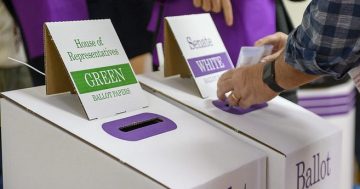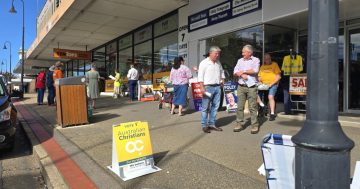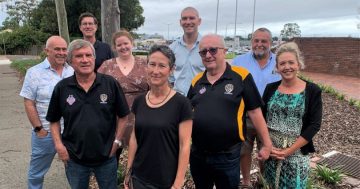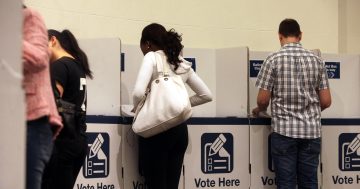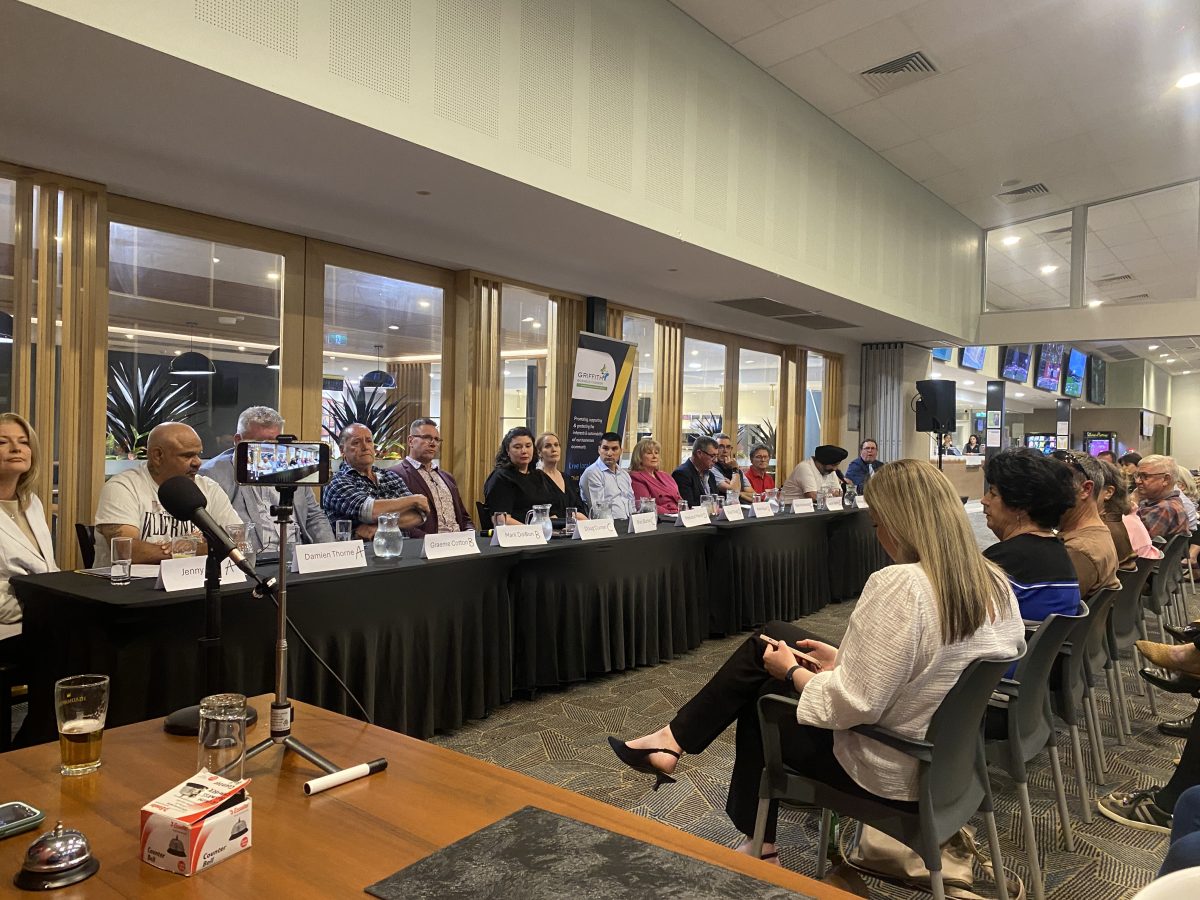
Nobody seems to understand how councillors get elected. Photo: Oliver Jacques.
Why did it take 17 days after we voted in the NSW local government elections for us to learn which councillors will serve us for the next four years?
It’s because our council election system is ridiculously complex.
In Griffith, for example, the NSW Electoral Commission did 14 different counts in which it applied concepts such as ‘‘surplus fractions’’ and ‘’continuing transfer values’’ to eventually spit out the eight names elected.
But if most people don’t understand how their votes are counted, can we really say ‘’the people have spoken’’ when we see the final results?
It would be better if council elections were decided by a simple first-past-the-post system. Just have a list of names on a paper and let residents put a tick next to the individual they want on the council.
If eight candidates are to be elected, then the eight candidates with the most votes win. No fractions, no formulas, no fooling around.
This would be easy for everyone to understand and fairer than the incomprehensible mess of a status quo that can be gamed by clever candidates and political parties.
So what makes the current system so complicated?
For federal, state and local government elections in Australia, we use something called preferential voting. Instead of just selecting one candidate or party at the ballot box, we are asked to put numbers next to multiple names, in order of who we want to get elected.
At the federal and state levels, there is a two-party duopoly – only one of two choices (Labor or Liberal) gets to lead government and choose the prime minister or premier.
These days, both the Labor and Liberal parties are so unpopular they each struggle to get one-third of the total vote.
Preferential voting helps to ensure the party most people hate the least wins government.
So, if you vote for a minor party that has no chance of winning, you get to choose whether you prefer Labor or Liberal, and your vote eventually ends up with one of them.
It’s easy to see why the major parties that dominate federal and state politics like this system.
But it’s hard to understand why we need preferential voting for council elections.
At the local government level, we are not making a binary choice. We are electing up to 12 people, most of whom don’t represent a political party.
But for some reason, we complicate these elections not only with preferences but also by group ticket voting – where councillors can band together to pool votes.
Allocating preferences between dozens of candidates and groups requires the NSW Electoral Commission to apply complex formulas and conduct different counts to determine results that are near impossible to explain.
This system can be gamed by clever candidates who join group tickets to feed off the surplus votes of someone popular.
Once preferences and formulas are crunched, we see candidates with many votes losing out to those who had fewer ballots cast for them.
There’s no reason for this unfair and convoluted regimen to continue. It’s time to replace it with a first-past-the-post ‘’most votes wins’’ method. This would be a novel approach in Australian politics – a voting system that even voters can understand.
Original Article published by Oliver Jacques on Region Riverina.








